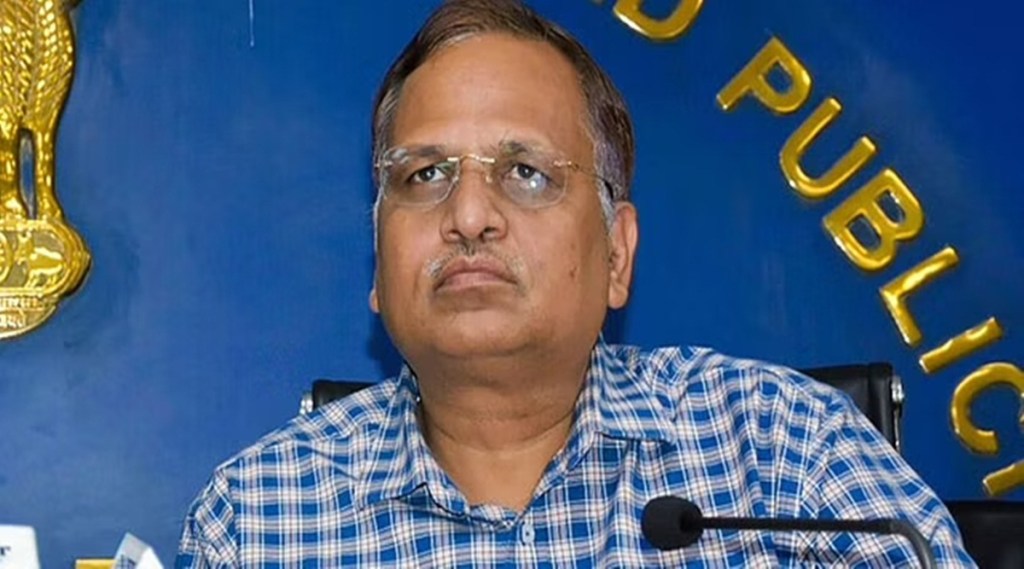A public interest litigation seeking the suspension of Aam Aadmi Party leader Satyendar Jain from his position as a cabinet minister in the Delhi government has been dismissed by the Delhi High Court.
Hearing the plea on Thursday, the High Court disapproved of the petitioner’s arguments, observing that the court cannot get into the realm of lawmakers. “We know our limitations. The laws, regulations, and notices must be followed. Beyond that, we cannot go. Since we are not lawmakers.”
The petition, filed by one Nand Kishore Garg, a former three-time MLA from Delhi’s Trinagar constituency, had sought the issuance of regulations regarding the resignation or suspension of ministers if they are detained for longer than the required 48 hours, in keeping with the procedure applied to public employees under Rule 10 of the Central Civil Services rule (1965).
The petitioner further contended that Jain continues to benefit from the perks and privileges of being a cabinet minister while in detention, despite the fact that he was supposedly indicted on serious accusations that could result in harsh punishment.
Jain, who was arrested on May 30, was sent to Enforcement Directorate custody till June 13 on May 31 and has been in judicial custody since then.
According to the plea, Jain has not been suspended and there appears no intention on the Chief Minister’s part to do so either. Additionally, it was stated that the Chief Minister had broken his pledge to uphold the supremacy of the Indian Constitution by endorsing Jain and giving him a clean-chit.
Jain has been arrested by the ED under criminal sections of the Prevention of Money Laundering Act (PMLA) with the case being based on a CBI FIR where he was accused of having laundered money through four companies allegedly linked to him.
The FIR filed by the CBI against the minister contained allegations that between February 2015 and May 2017, the minister engaged in corrupt activity and had amassed assets incommensurate to his recognised sources of income. Jain was charged by the CBI in December 2018.

